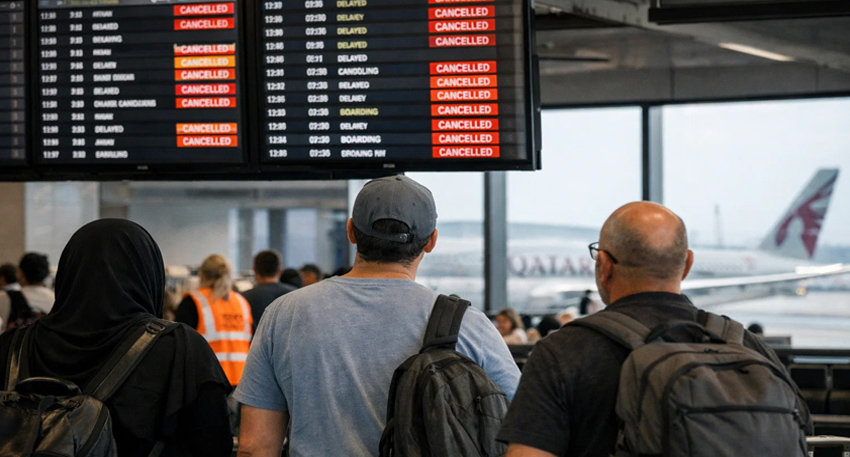
Continuation of the scheme in 2025 is confirmed
The government has confirmed the scheme will continue in 2025, with 45,000 visas allocated, 2,000 being for the poultry sector and the rest for horticulture (which includes fruit and vegetable production).
When the quota was announced, Food Security Minister Daniel Zeichner said, “This government recognizes that food security is national security, and this can only be achieved by supporting food and farming businesses. Confirming the seasonal worker visa allocation for 2025 gives growers and producers certainty, allowing them to plan ahead and secure the labor they need to grow and thrive.”
After UK’s exit from the European Union, there are concerns over food security in the country. These concerns continue to be raised over the potential for exploitation written into the terms of the seasonal work visa program, according to Forbs.
Before Brexit, UK farmers and food producers could rely on a steady supply of European laborers to work their farms. Once the UK left however, that supply disappeared and the then-Conservative government implemented the seasonal work visa program to recruit people from further afield. It was initially temporary but has been extended several times, according to the Forbs report.
Inflated prices from costly imports
As the seasonal work visa emerged from the UK’s exit, the U.K’s top advisory committee on migration matters urged the scheme be continued and expanded, to ensure food security in Britain and avoid empty shelves and inflated prices from costly imports.
“Ultimately, we believe that if the government intends to maintain current levels of domestic food production then there is a clear need for a Seasonal Worker Scheme in the short-to-medium term,” says the report in July 2024.
The migration advisory committee also advised the government implement more extensive safeguarding and transparency frameworks into the scheme, to protect migrant laborers from exploitation and ensure employers are held accountable.
Concerns about exploitation of labor migrants
At the same time, concerns continue to be raised about the existence of, and potential for, exploitation of labor migrants under the scheme. These visas are for a relatively short period of time, and workers are generally bound to stay with one employer in order to retain their status in the U.K. The work too is often geographically and socially isolated, in remote farms around the country. Such conditions can lead to situations where an unscrupulous employer overworks their laborers or withholds pay, for instance. At the same time, recruiting intermediaries can demand up-front fees or insist the laborer work off debts accrued in their recruitment and travel before they start earning money.
Valeria Ragni of the Worker Support Centre in Scotland said, “Many (workers) come to us with stories of strict and unrealistic picking targets, uninhabitable accommodation, undignified treatment and unfair threats of dismissal.”




